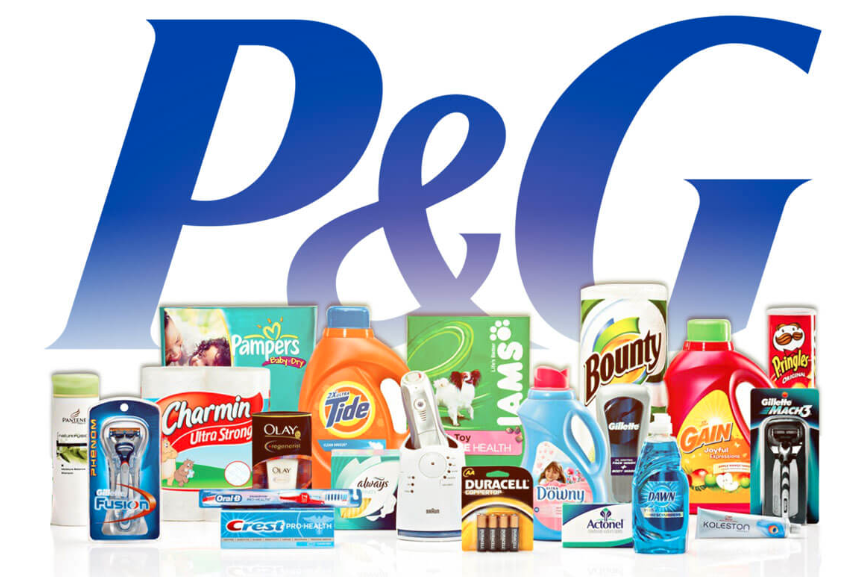Disruption Escalates: Proctor And Gamble Says Over 17,000 Products Potentially Impacted By Coronavirus
While mom and dad on Main St. still aren’t getting the dire warning that the coronavirus has been offering up to Asia and the rest of the Eastern world over the last several weeks, perhaps a lightbulb will finally go off when Jane Q. Public heads to the grocery store and is unable to buy shampoo and toothpaste.
Proctor and Gamble, one of the world’s biggest “everyday product” manufacturers, has now officially warned that 17,600 of its products could be affected and disrupted by the coronavirus. The company’s CFO, Jon Moeller, said at a recent conference that P&G used 387 suppliers across China, shipping more than 9,000 materials, according to CIPS.org.
Moeller said: “Each of these suppliers faces their own challenges in resuming operations.”
And it’s not just everyday consumer goods that are going to feel the impact of the virus.
Smartphones and cars are so far among the consumer products that have been hardest hit from the virus. In fact, according to TrendForce, “forecasts for product shipments from China for the first quarter of 2020 had been slashed, by 16% for smartwatches (to 12.1m units), 12.3% for notebooks (30.7m units) and 10.4% for smartphones (275m units). Cars have dropped 8.1% (19.3m units).”
Their report states: “The outbreak has made a relatively high impact on the smartphone industry because the smartphone supply chain is highly labor-intensive. Although automakers can compensate for material shortage through overseas factories, the process of capacity expansion and shipping of goods is still expected to create gaps in the overall manufacturing process.”
A separate coronavirus analysis by Mintec says that “Chinese demand for copper (it has hitherto been responsible for consuming half the world’s output), will fall by 500,000 tonnes this year, and falls in demand have already impacted prices. From December to January the price of copper fell 9.6%.”
The report notes: “Millions of people have been affected by the travel lockdown in Hubei province, the centre of the outbreak. This has been responsible for a glut of jet fuel and diesel on global markets at a time when petroleum supplies were already abundant.”
Other products that have been negatively affected so far include pork, which is up 11% this month, chicken, garlic and dried ginger.
Product supply chain issues could eventually compound hysteria at supermarkets if coronavirus becomes widespread in western countries. Northern Italy, which has seen a small outbreak of coronavirus cases over the last 48 hours, is already experiencing long lines and sold out store shelves.
Tyler Durden
Mon, 02/24/2020 – 21:10
